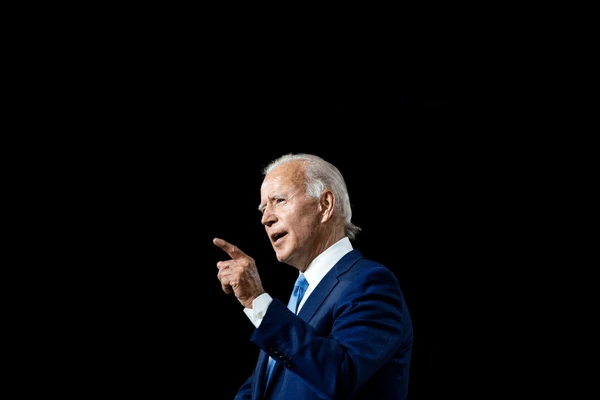In one of the most consequential antitrust showdowns in recent tech history, Meta Platforms Inc., the parent company of Facebook, Instagram, and WhatsApp, is under fire from the Federal Trade Commission (FTC) for what regulators describe as a “systematic campaign to eliminate competition.”
The FTC alleges that Meta’s acquisitions of Instagram in 2012 and WhatsApp in 2014 were not just smart business moves, but strategic efforts to strangle emerging rivals before they could become real threats. The commission claims Meta used a “buy or bury” strategy, where up and coming apps were either acquired, copied, or suffocated through Facebook’s platform dominance.
CEO Mark Zuckerberg took the stand to defend Meta’s decisions, arguing that the acquisitions allowed the company to innovate and better serve users in an evolving social media landscape. He framed Meta’s position as one of necessity, the platforms wouldn’t have reached their current scale without Meta’s resources.
Critics, however, suggest this is the latest example of unchecked power in Big Tech. The case touches not only on antitrust law, but also on the responsibility of tech giants to allow a healthy, competitive digital marketplace.
Legal experts say the outcome of this case could reshape the future of tech mergers and acquisitions in the U.S., and potentially force Meta to spin off Instagram and WhatsApp if the FTC prevails – a move that would dramatically redraw the social media landscape.





























